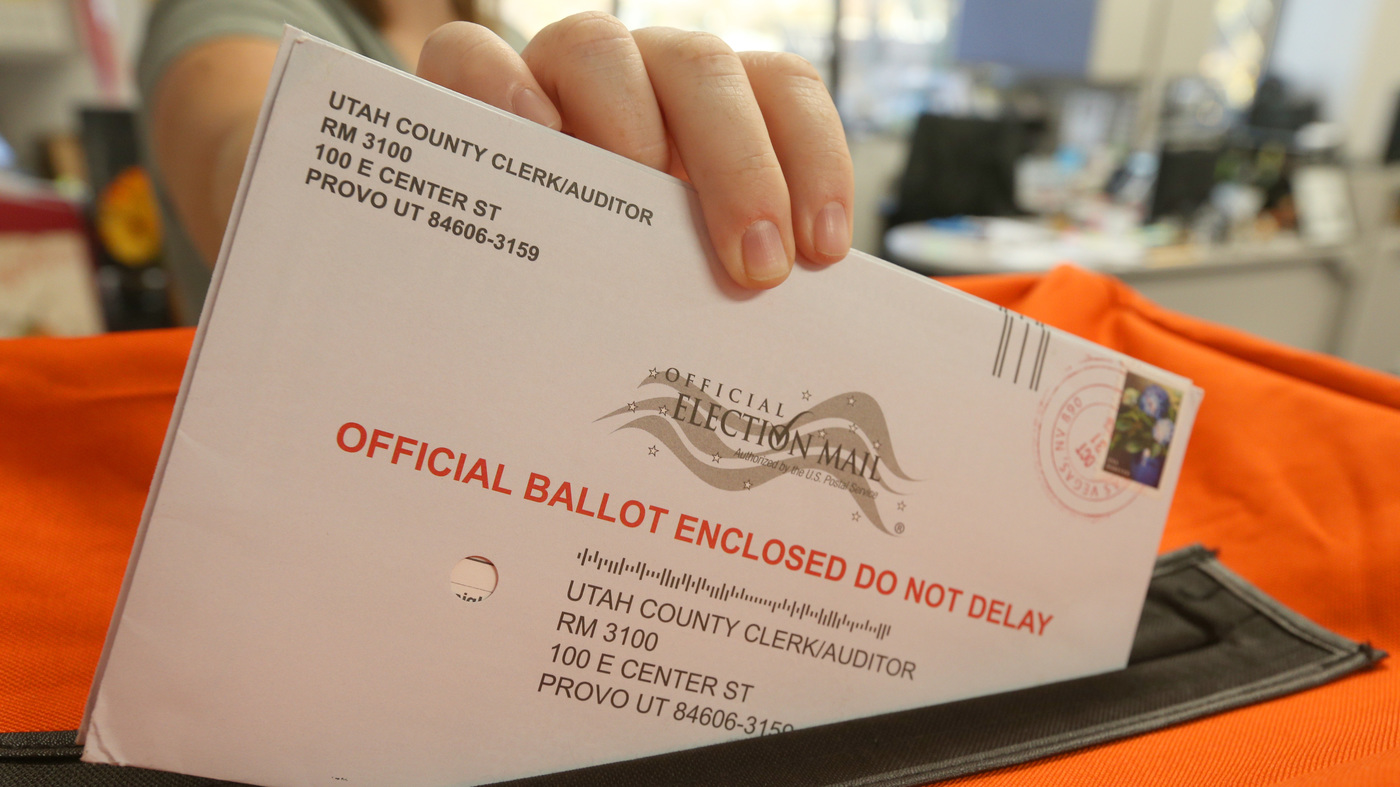The recent midterm elections offer a masterclass for conservative strategists who know how to interpret the outcomes. Three Midwestern states rejected ballot initiatives to legalize recreational marijuana, despite tens of millions spent to fool the public about this issue. North Dakota, Arkansas, and South Dakota all rejected legalizing cannabis. It should be noted that these states have more election integrity than most liberal states do.
But in Michigan where voter manipulation is rampant due to a 2018 ballot initiative, a horrendous abortion bill was allowed to pass. This again demonstrated why Phyllis Schlafly was right to oppose the enactment of new laws by popular vote, because they are so easily influenced by the liberal media and funding. The Founding Fathers designed a system of representative government for a reason.
Ballotpedia reports that more than a billion dollars were spent on ballot initiatives in this recent election cycle, including nearly $46 million to enact the pro-abortion law in Michigan. Many phony conservative voices worked hard to make voters believe that ranked-choice voting is the way to go for a more fair election system. However, the only real result is more power for the establishment of both parties.
When you are choosing who to vote for among candidates, all you see on the ballot is the name and party. It’s up to the candidates to frame what those names represent. However, when you vote for a ballot measure, the writers of the summaries that appear on the ballot have a tremendous amount of power. They can and do make ballot measures appear to be the almost exact opposite of what they actually are in order to trick conservative states into adopting bad policy. All of that manipulation happens in addition to the vast sums of money that are spent to mount massive advertising campaigns to persuade the public to adopt these measures that would never pass in a conservative state legislature.
A discriminating voter should eye every ballot measure with a great deal of caution. You may not after all, be getting what you bargained for.






